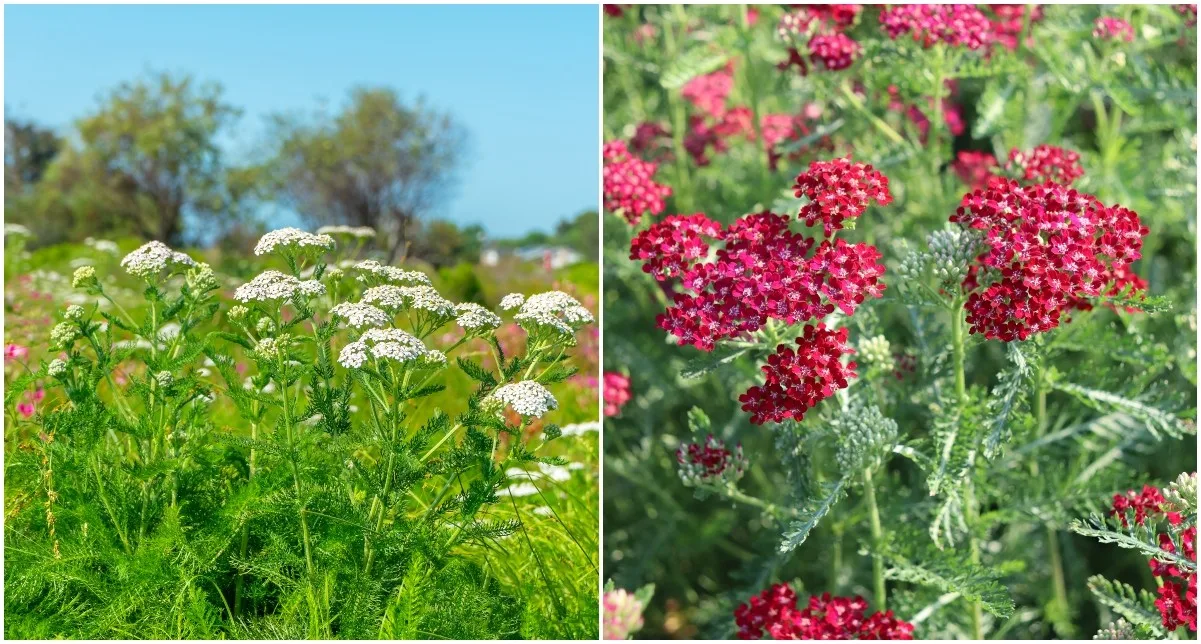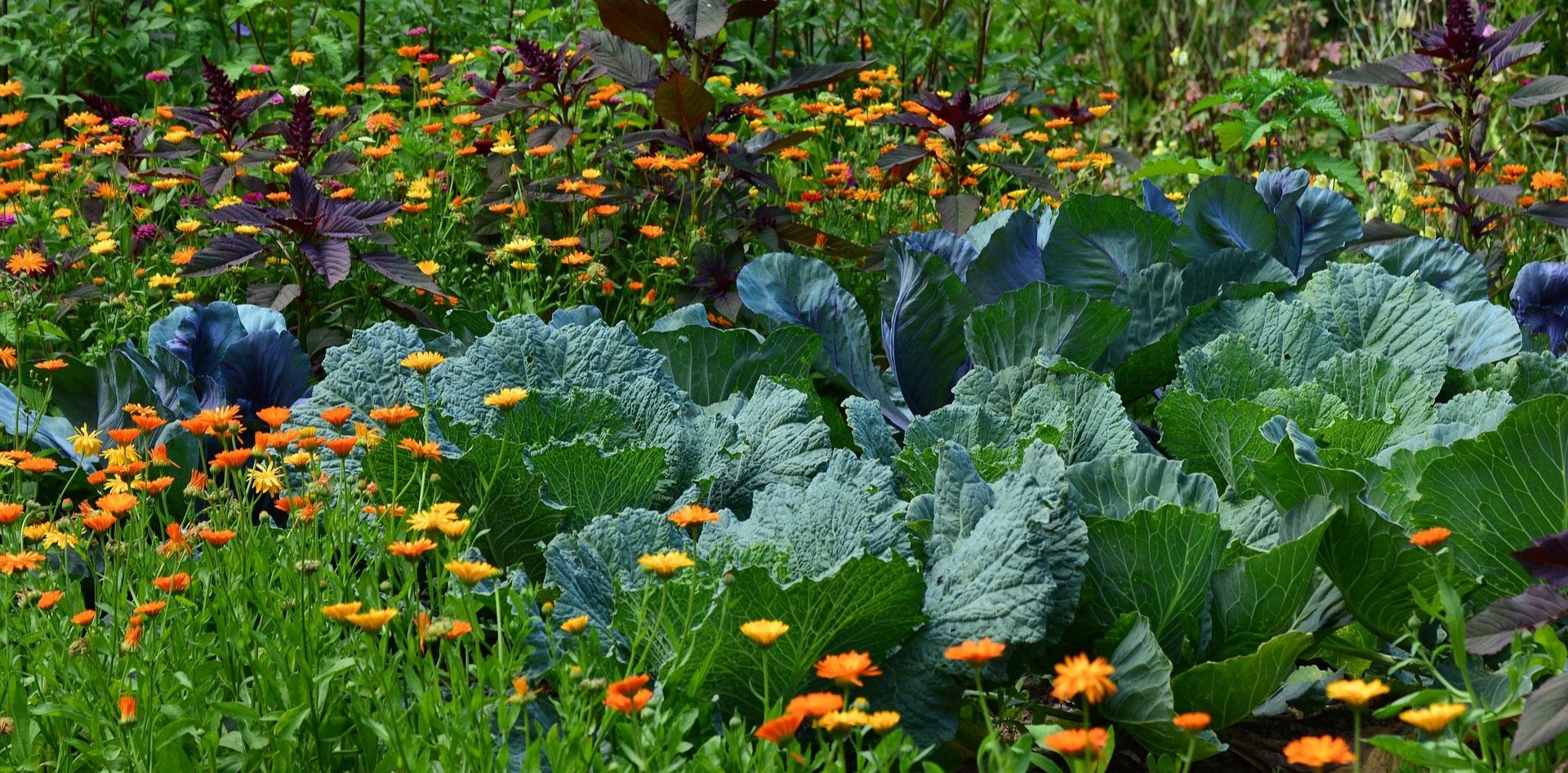Clover Companion Plants: The Ultimate Guide To Growing A Healthy Garden
Clover Companion Plants: The Ultimate Guide to Growing a Healthy Garden
Clover is a nitrogen-fixing plant that is often used as a groundcover or as a green manure crop. It is also a popular companion plant for other vegetables and herbs.
There are many benefits to planting clover with other plants. Clover can help to improve soil fertility, suppress weeds, attract beneficial insects, and repel pests. It can also help to improve the flavor of vegetables and herbs.
In this blog post, we will discuss the best companion plants for clover. We will also provide some tips on how to plant and care for clover in your garden.
Benefits of Companion Planting with Clover
There are many benefits to planting clover with other plants. Some of the most important benefits include:
- Improved soil fertility: Clover is a nitrogen-fixing plant, which means that it can convert atmospheric nitrogen into a form that plants can use. This can help to improve the fertility of your soil and reduce the need for fertilizer.
- Suppression of weeds: Clover can help to suppress weeds by shading them out and competing with them for water and nutrients. This can help to reduce the amount of weeding that you need to do in your garden.
- Attraction of beneficial insects: Clover attracts beneficial insects, such as ladybugs, lacewings, and hoverflies. These insects help to control pests in your garden.
- Repulsion of pests: Clover can repel some pests, such as aphids and cabbage moths. This can help to protect your plants from damage.
- Improved flavor of vegetables and herbs: Clover can improve the flavor of vegetables and herbs. This is because clover releases compounds into the soil that can enhance the flavor of the plants that are growing nearby.
Best Companion Plants for Clover
There are many different plants that can be grown with clover. Some of the best companion plants for clover include:
- Vegetables: Carrots, cabbage, cauliflower, tomatoes, peppers, eggplants, strawberries, and blueberries.
- Herbs: Basil, chives, mint, oregano, parsley, rosemary, and thyme.
- Flowers: Marigolds, nasturtiums, and sunflowers.
How to Plant and Care for Clover
Clover is a relatively easy plant to grow. It can be planted in the spring or fall. Clover prefers full sun, but it can also tolerate partial shade.
To plant clover, simply broadcast the seeds over the soil and lightly rake them in. Clover seeds do not need to be covered.
Clover is a low-maintenance plant. It does not require much water or fertilizer. However, it is a good idea to mow clover regularly to keep it from getting too tall.
Conclusion
Clover is a valuable companion plant that can offer many benefits to your garden. It can improve soil fertility, suppress weeds, attract beneficial insects, repel pests, and improve the flavor of vegetables and herbs.
If you are looking for a way to improve your garden, consider planting clover with your other plants. You will be glad you did!
Clover is a versatile plant that can be used in many different ways in the garden. It is a great nitrogen-fixer, which means it can help to improve the soil quality of your garden. It can also be used as a groundcover, a mulch, or even a forage crop for livestock.
One of the best things about clover is that it is a great companion plant for other crops. It can help to attract pollinators, deter pests, and improve the overall health of your garden.
If you are interested in learning more about clover companion plants, I recommend visiting Gardenia Inspiration. This website has a wealth of information on the topic, including a list of the best companion plants for clover, as well as tips on how to plant and care for clover in your garden.
FAQ of clover companion plant
Q: What are the best companion plants for clover?
A: Clover is a nitrogen-fixing plant, which means it can help to improve the soil quality of your garden. As a result, it can be a great companion plant for a variety of other plants. Some of the best companion plants for clover include:
- Cole crops: Clover can help to suppress weeds and improve the flavor of cole crops, such as broccoli, cauliflower, and Brussels sprouts.
- Winter squash: Clover can help to provide winter squash with shade and moisture.
- Strawberries or blueberries: Clover can help to improve the drainage of the soil for strawberries or blueberries.
- Tomatoes, peppers, eggplants: Clover can help to attract pollinators and improve the flavor of tomatoes, peppers, and eggplants.
- Cowpeas: Clover can help to provide cowpeas with nitrogen and improve the soil quality.
Q: What are some of the benefits of companion planting with clover?
A: There are many benefits to companion planting with clover. Some of the most common benefits include:
- Improved soil quality: Clover is a nitrogen-fixing plant, which means it can help to improve the soil quality of your garden. This can lead to healthier plants and more abundant yields.
- Suppression of weeds: Clover can help to suppress weeds by competing for water and nutrients. This can save you time and effort in weeding your garden.
- Attraction of pollinators: Clover is a good source of nectar for pollinators, such as bees and butterflies. This can help to improve pollination and fruit set in your garden.
- Improved drainage: Clover can help to improve the drainage of the soil. This can be beneficial for plants that are susceptible to root rot or other diseases.
- Increased biodiversity: Companion planting with clover can help to increase the biodiversity of your garden. This can make your garden more resilient to pests and diseases.
Q: What are some of the drawbacks of companion planting with clover?
A: There are a few drawbacks to companion planting with clover. Some of the most common drawbacks include:
- Clover can be invasive: Clover can be invasive in some areas. If you are not careful, it can spread to areas where you do not want it.
- Clover can shade out other plants: Clover can be a tall plant, and it can shade out other plants. This can be a problem for plants that need full sun.
- Clover can attract pests: Clover can attract pests, such as aphids and whiteflies. This can be a problem for some gardeners.
Q: How do I plant clover as a companion plant?
A: To plant clover as a companion plant, you can either sow seeds or transplant seedlings. If you are sowing seeds, sow them in the spring or fall. If you are transplanting seedlings, transplant them in the spring or summer.
Clover is a relatively easy plant to grow, and it does not require much care. However, it is important to water it regularly, especially during the first few weeks after planting. You should also fertilize it every few months.
Image of clover companion plant
5 different images of "clover companion plant" from Pinterest:
- Yarrow: Yarrow is a tall, daisy-like flower that is a good companion plant for clover because it attracts beneficial insects, such as ladybugs and lacewings, which help to control pests.

- Coneflower: Coneflower is another tall, daisy-like flower that is a good companion plant for clover. It attracts beneficial insects and also helps to deter deer.

- Marigold: Marigold is a brightly colored flower that is a good companion plant for clover. It helps to repel nematodes, which are pests that can damage clover plants.

- Nasturtium: Nasturtium is a trailing vine that is a good companion plant for clover. It helps to suppress weeds and also attracts beneficial insects.

- Bee Balm: Bee balm is a tall, flowering herb that is a good companion plant for clover. It attracts bees and other pollinators, which help to pollinate clover flowers.

Post a Comment for "Clover Companion Plants: The Ultimate Guide To Growing A Healthy Garden"